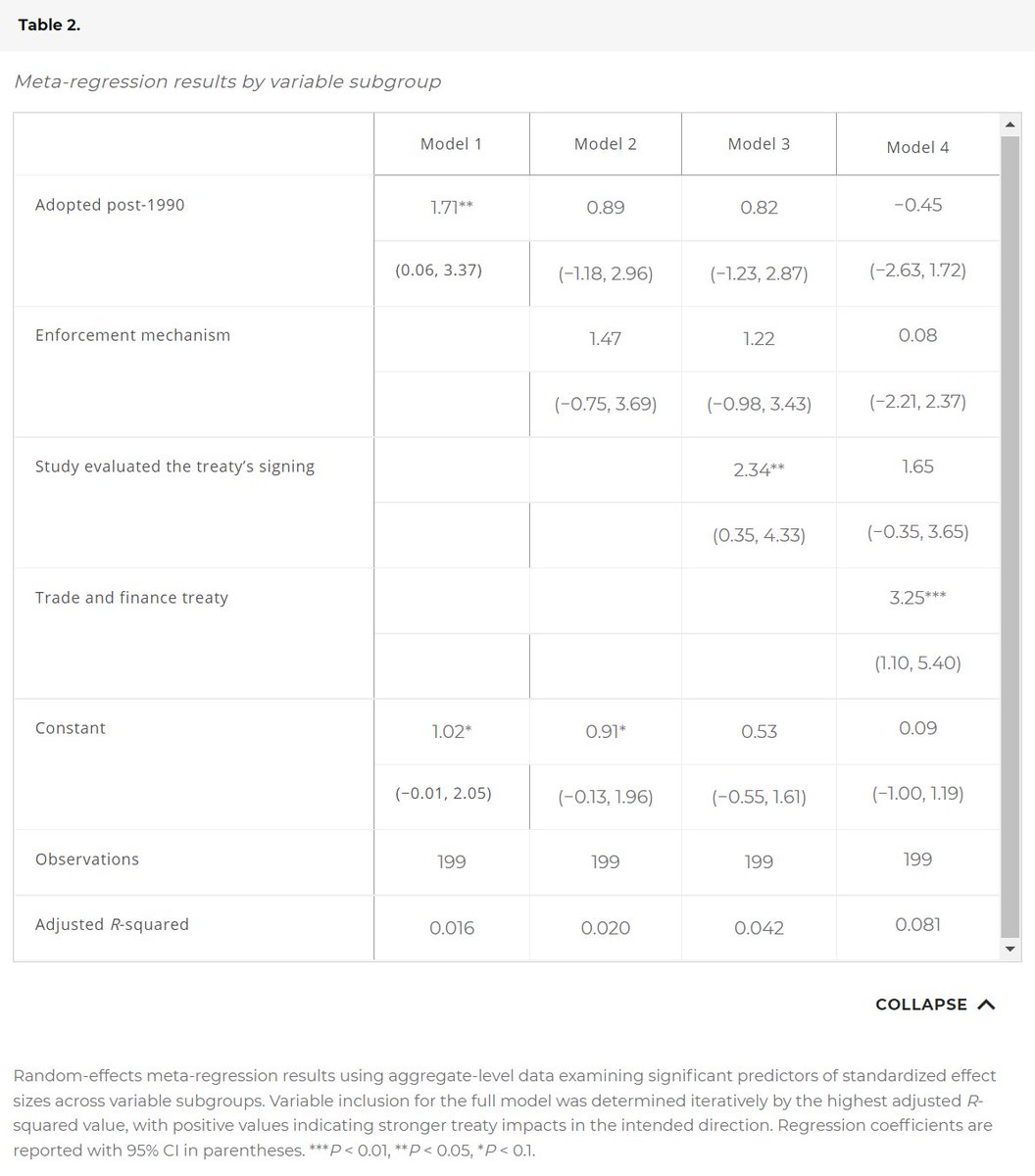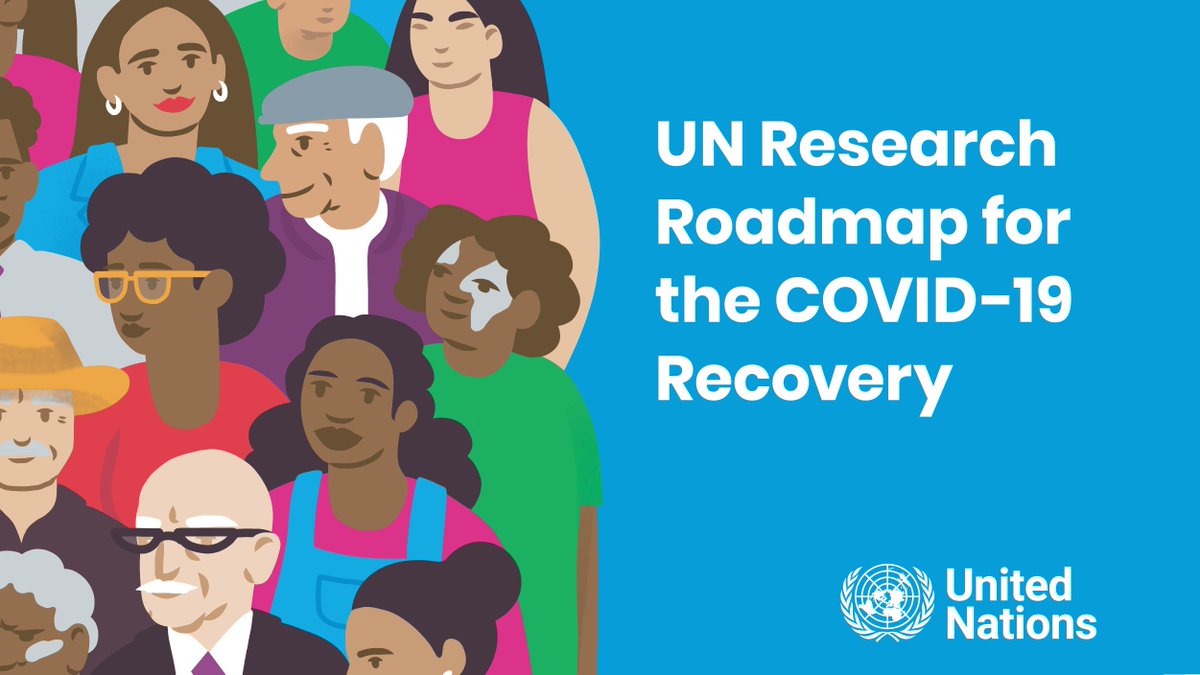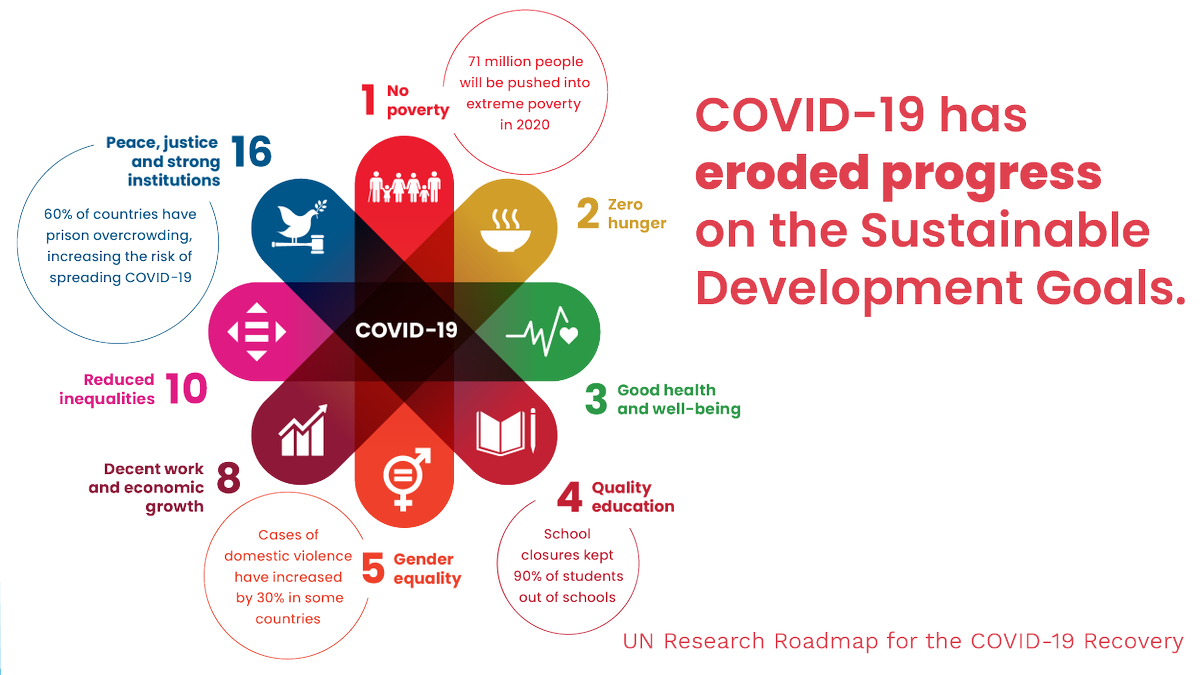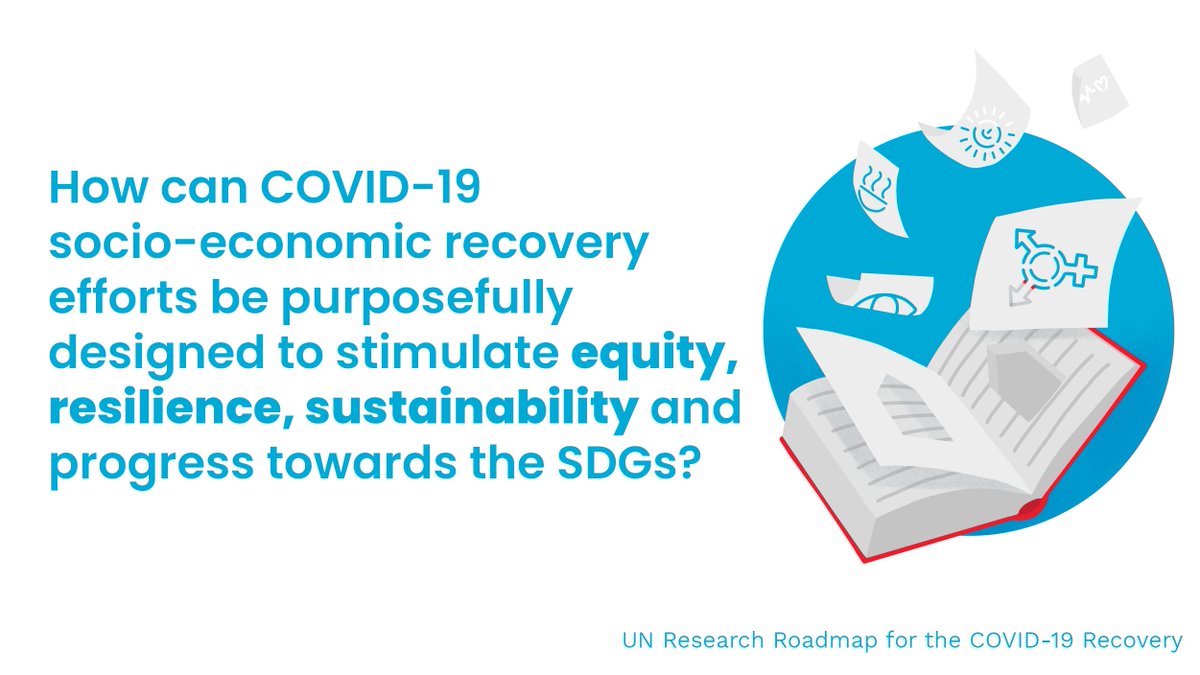Today @PNASNews published one of the most important studies I've conducted. We asked: do international treaties produce the effects their negotiators intended? The short answer is "no".
Here I will try to summarize almost 10 years of work in 10 tweets.🧵 pnas.org/doi/full/10.10…
Here I will try to summarize almost 10 years of work in 10 tweets.🧵 pnas.org/doi/full/10.10…
1. To start, treaties are often used by countries to address issues that transcend national boundaries, like the environment, human rights, humanitarian crises, maritime issues, security and trade. Today there are at least 250,000 treaties, yet few have been evaluated for impact.
2. So we conducted a systematic field-wide evidence synthesis. We searched 11 databases, combed through 24,096 records, and found 224 quantitative impact evaluations of treaties. We then used statistical techniques to integrate all unique quantitative estimates of effects. 

3. We found significant variation in treaty effects. When analyzed by policy domain, only trade/finance treaties produced their intended effects. Human rights and environment treaties have not been shown to consistently improve state practices and sometimes may have caused harm. 

4. We also found evidence that impactful treaties achieve their effects through socialization and normative processes. Studies evaluating the longer-term legal effects of a treaty’s ratification and its coming into force found much smaller effects and no effects, respectively. 

5. Our most important finding is that #enforcement mechanisms are the only modifiable treaty design choice with the potential to improve the effectiveness of treaties governing environmental, human rights, humanitarian, maritime, and security policy domains. #InstitutionalDesign
6. In other words, this study raises doubts about the value of treaties that neither regulate trade/finance nor contain enforcement mechanisms. Future treaties beyond trade/finance without enforcement mechanisms are unlikely worth their considerable effort and could cause harm. 

7. This main finding about enforcement mechanisms is immediately relevant to ongoing diplomatic negotiations, eg, #IHR, #PandemicsTreaty, #PlasticsTreaty. Countries that want treaties to matter will push to embed enforcement mechanisms within them. #WhatGetsEnforcedGivesEffects
8. We also published a Supporting Information appendix with a ton of additional statistical analyses, robustness checks, study summaries, risk of bias assessments, meta-data tables, and our Stata code for transparency. Check it out here: pnas.org/doi/suppl/10.1… #OpenScience 

9. A big thanks to my incredible co-authors who made this happen: @MathieuJPP @tivabaral @SuzyRVK @lathika_srithar @matthughsam @harkrandhawa @ggigigii @sophiercampbell @GaelleGroux @e_j_gunn @GuyattGH @RoojinHabibi @lavisjn @ranjananagi @jarottingen @AliTejpar @MaxwellTran et al
10. And of course, none of this would have been possible without funding from @CIHR_IRSC @ONgov @RCN_Norway and support from our institutions @gstrategylab @yorkuniversity @YUResearch @YorkUHealth @OsgoodeNews @YUGlobalHealth @DIGHR_YorkU @machealthsci @McMasterForum @MacDeptMed
• • •
Missing some Tweet in this thread? You can try to
force a refresh







